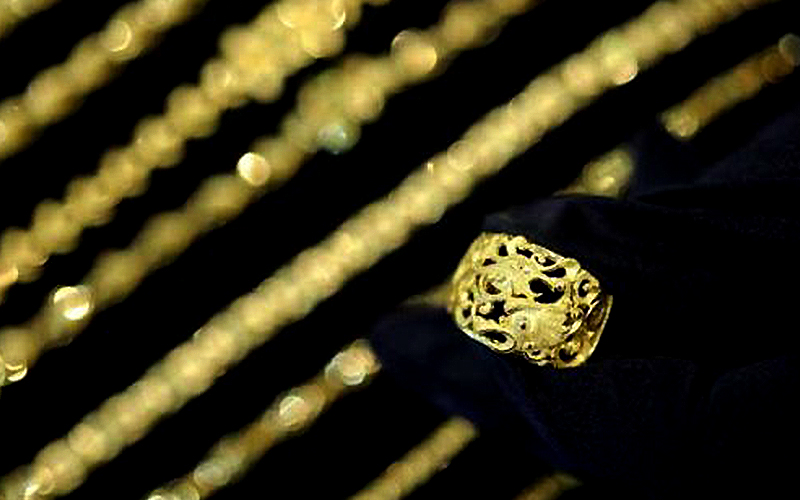
PETALING JAYA: A retail research firm has urged the government to release more details about the luxury goods tax so businesses can make the necessary preparations.
Retail Group Malaysia managing director Tan Hai Hsin said it is too early to speculate on the impact of the luxury goods tax when the rate and list of taxed goods have yet to be finalised.
“When will the tax be implemented? What are considered ‘luxury’ goods? It is difficult for retailers to prepare themselves due to a lack of information,” he said.
However, Tan said the introduction of the new tax would likely not affect retail spending in the country.
“Consumers who are prepared to pay for luxury brands will still be willing to pay the tax in small increments. Luxury brands with a strong following will continue to do well even after the tax is implemented,” he said.
Earlier this month, Prime Minister Anwar Ibrahim, who is also the finance minister, announced that Putrajaya will enact a law to facilitate the collection of a 5% to 10% tax on luxury goods, such as jewellery and watches, next year to expand its revenue base. He also said the tax will not be applied to foreign tourists.
The proposed tax had its fair share of critics, with the Malaysian Indian Goldsmith and Jewellers Association claiming it would lead to a 10-30% loss in revenue for gold retailers, while retailer Ameer Ali Mydin said the tax created the perception that big-ticket items are more costly in Malaysia.
Tan however backed the idea of not taxing tourists but said that although they are exempted from the tax, they might still hesitate to buy luxury products after hearing about the new law.
“The tourists may not want to take this risk. The introduction of a luxury goods tax may impact the competitiveness of luxury items sold in Malaysia as compared to other Asian countries.”
Economist Lai Wei Sieng said introducing the luxury goods tax is a good move by the government to increase its revenue, which could then be spent on helping middle and low-income families.
He also pointed out that a five to 10% tax on luxury goods is considered low compared to other Asian countries.
In Indonesia, consumers pay between 10% to 95% tax for goods such as residences and motor vehicles.
‘No problem with luxury goods tax’
Food vendor Ashiyah Wahab supported the taxing of luxury products. “People who are well-off won’t have a problem with the tax. They have the money to buy those luxury goods,” she told FMT. “All the products are expensive, so of course it will be taxed, that I understand. For expensive products, they are valuable, so they’ll be taxed.”
Insurance consultant A Ramani called for a 5% tax, describing it as reasonable. “Anything over 10% may be too much,” he said, “5% is okay because it’s not affecting B40 and M40 (families), it’s above their markets: 5% should be all right.” - FMT



No comments:
Post a Comment
Note: Only a member of this blog may post a comment.